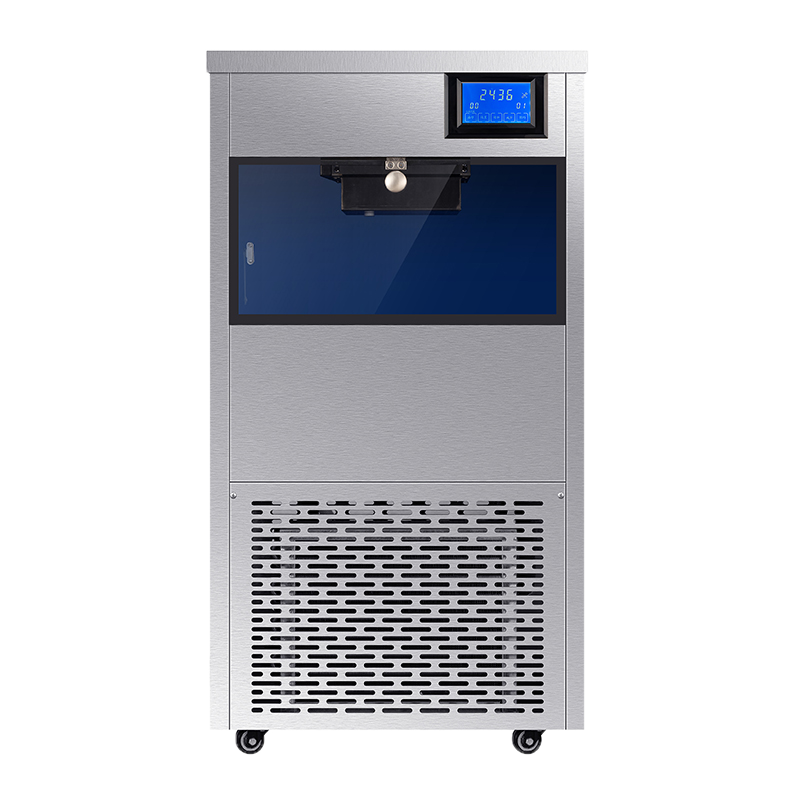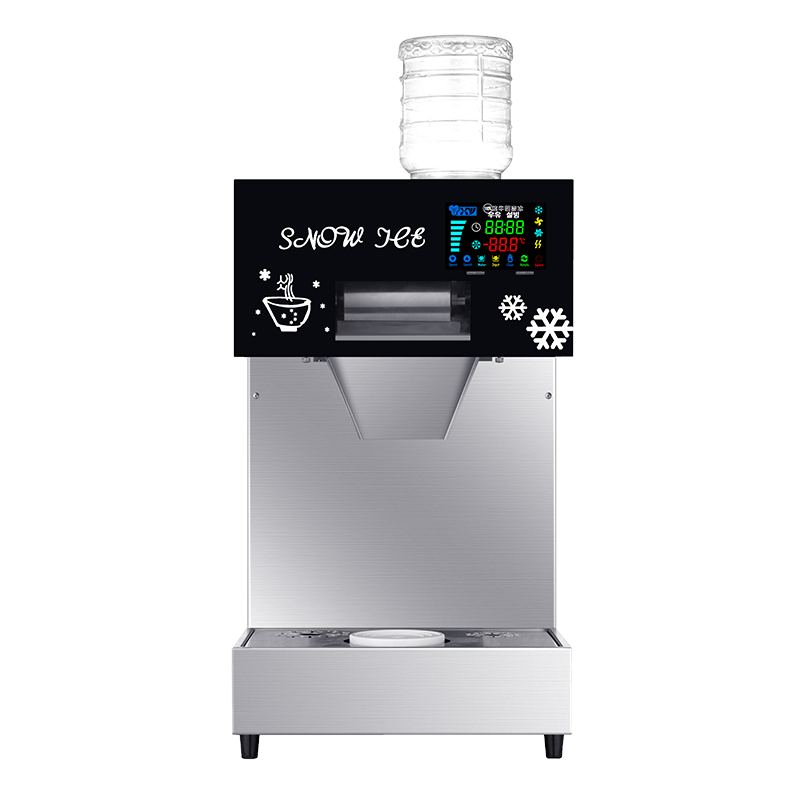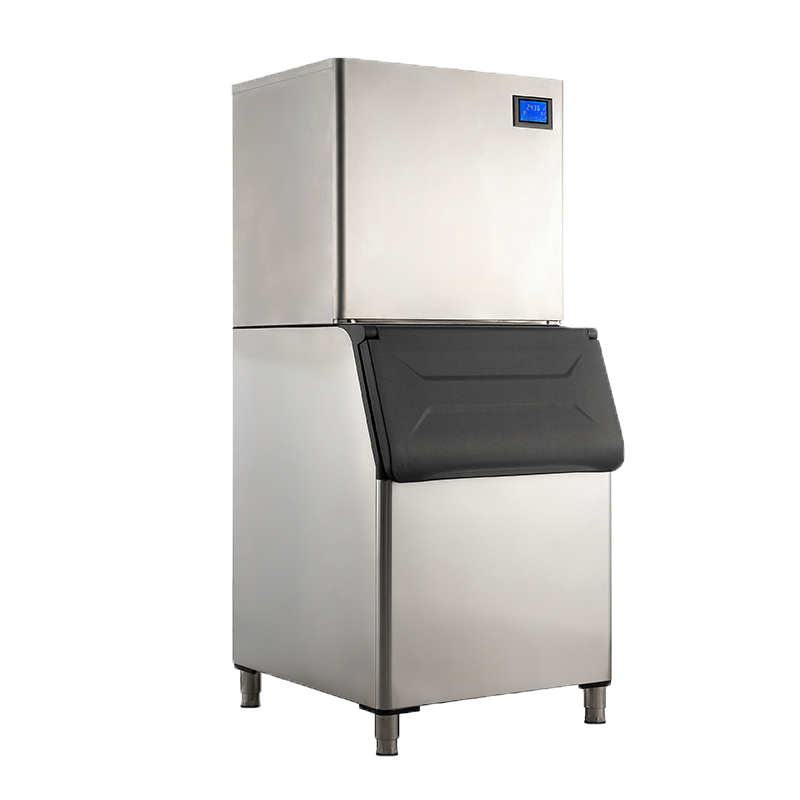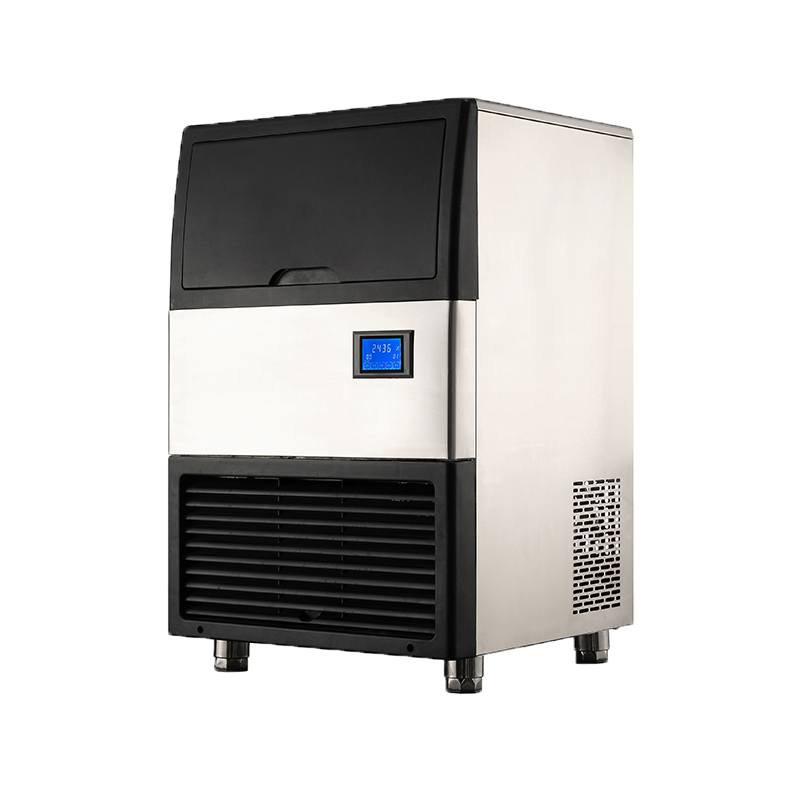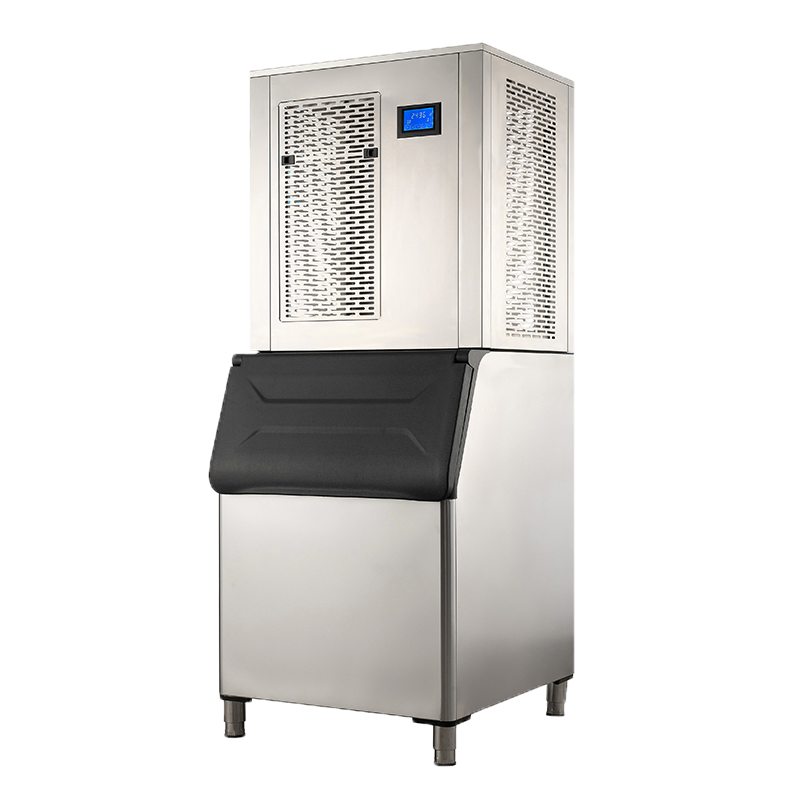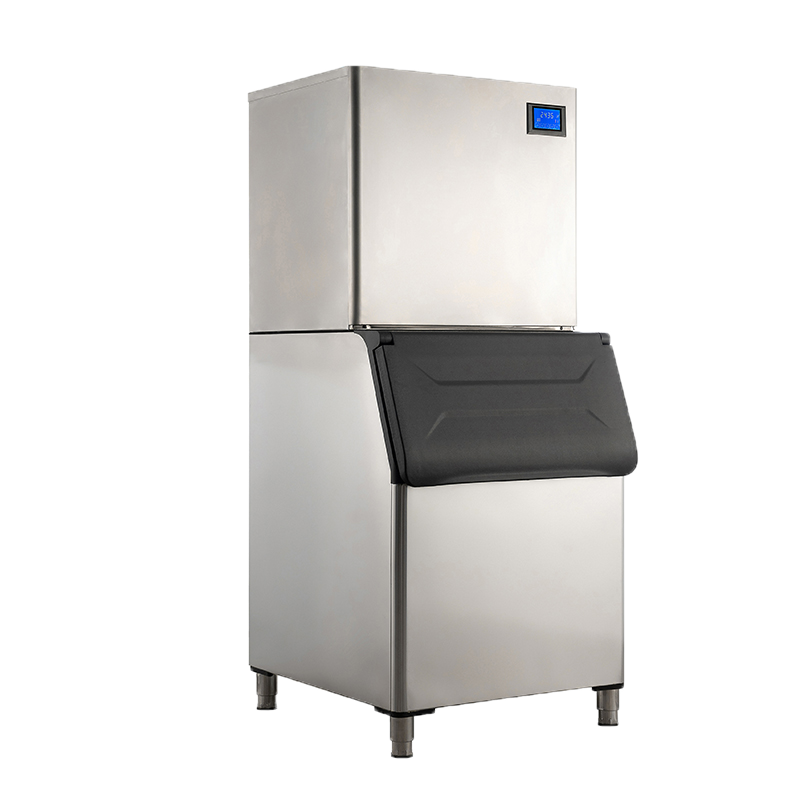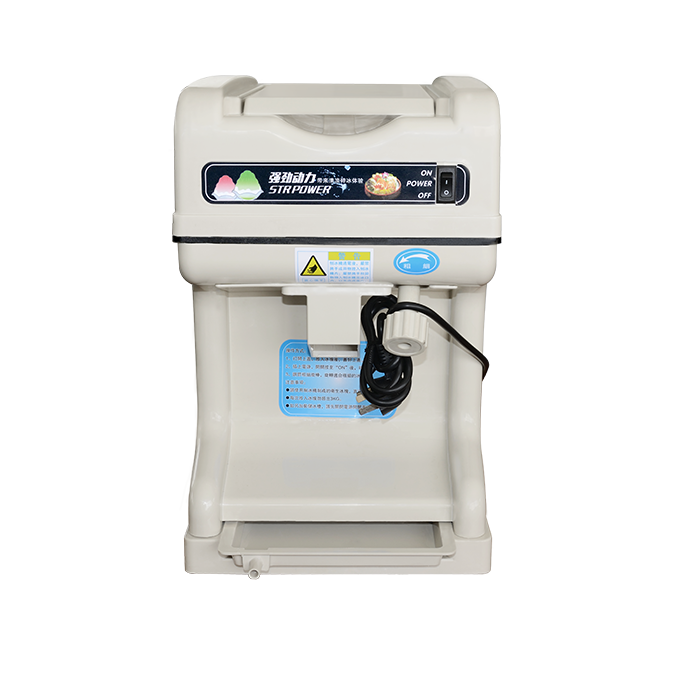When it comes to choosing an ice-making solution, the decision often boils down to whether a commercial ice machine or a domestic ice maker is more suitable. Each type of ice maker serves different needs and comes with its own set of features, advantages, and limitations. This article compares commercial ice machines and domestic ice makers to help you determine which is the better choice for your specific requirements.
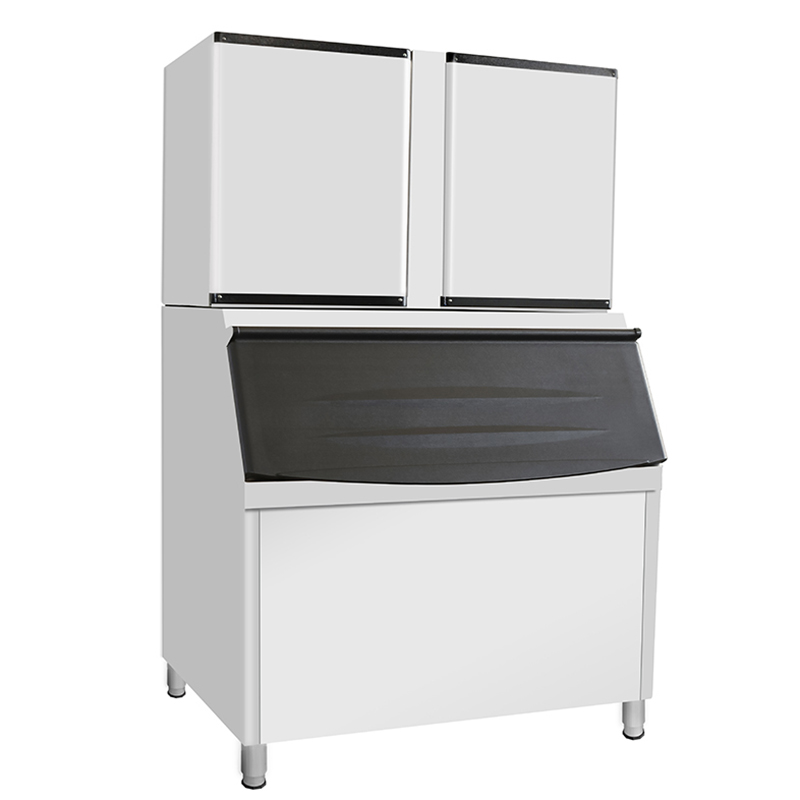
Commercial Ice Machines
-
Capacity and Production Rate
Description: Commercial ice machines are designed to handle high volumes of ice production.
Advantages: They can produce hundreds to thousands of pounds of ice per day, making them ideal for businesses such as restaurants, bars, hotels, and large events.
Considerations: The high production rate ensures a steady supply of ice for busy commercial environments.
-
Ice Quality and Types
Description: Commercial ice machines offer a variety of ice types, including cubed, nugget, and flake ice.
Advantages: The ability to choose from different ice types allows businesses to meet specific needs, such as catering to diverse customer preferences or food safety requirements.
Considerations: The quality and type of ice produced can enhance the overall customer experience.
-
Durability and Build
Description: Commercial ice machines are built for durability and heavy use, often featuring stainless steel construction.
Advantages: They are designed to withstand the rigors of constant operation and high-volume production.
Considerations: Robust construction ensures longevity and reduces the frequency of maintenance and replacement.
-
Energy and Water Efficiency
Description: Many commercial ice machines come with energy and water-efficient features to reduce operational costs.
Advantages: Efficient models can lower utility bills and minimize environmental impact.
Considerations: Choosing energy-efficient options can lead to long-term savings.
-
Cost and Installation
Description: Commercial ice machines typically involve a higher initial investment and more complex installation.
Advantages: The investment is justified by the high production capacity and advanced features.
Considerations: Professional installation may be required, adding to the overall cost.

Domestic Ice Makers
-
Capacity and Production Rate
Description: Domestic ice makers are designed for lower volume ice production, suitable for home use.
Advantages: They are ideal for households, small gatherings, and personal use, typically producing a few pounds of ice per day.
Considerations: The lower production rate is sufficient for most residential needs but may not meet the demands of larger gatherings or commercial settings.
-
Ice Quality and Types
Description: Domestic ice makers usually produce one or two types of ice, such as cubed or crushed ice.
Advantages: Simple operation and ease of use cater to everyday household needs.
Considerations: Limited ice types may not suit all preferences or specific applications.
-
Durability and Build
Description: Domestic ice makers are generally built with less durable materials compared to commercial units.
Advantages: They are designed for occasional use and are more compact.
Considerations: May require more frequent maintenance or replacement due to lighter construction.
-
Energy and Water Efficiency
Description: Domestic ice makers often have lower energy and water consumption compared to commercial models.
Advantages: Lower operational costs make them economical for home use.
Considerations: Efficiency features may vary between models.
-
Cost and Installation
Description: Domestic ice makers are generally more affordable and easier to install than commercial ice machines.
Advantages: The lower cost and straightforward installation make them accessible for most households.
Considerations: While installation is typically simple, some models may require a direct water line.
Comparison Summary
Capacity: Commercial ice machines excel in high-capacity production, making them suitable for businesses, while domestic ice makers are designed for lower volume, home use.
Ice Quality: Both offer quality ice, but commercial machines provide a greater variety of ice types to cater to different needs.
Durability: Commercial models are more durable and built to last, whereas domestic units are designed for lighter use and may have a shorter lifespan.
Cost: Domestic ice makers are more budget-friendly and easier to install, whereas commercial machines involve a higher investment and professional installation.
Efficiency: Both types offer energy and water-efficient options, with commercial machines often providing advanced features to optimize operational costs.
Conclusion
The choice between a commercial ice machine and a domestic ice maker ultimately depends on your specific needs. If you require high-volume ice production for a business or large events, a commercial ice machine is the better choice due to its capacity, durability, and variety of ice types. Conversely, if you need an ice maker for personal use or small gatherings, a domestic ice maker offers a cost-effective and convenient solution. By considering your ice production needs, budget, and space, you can select the most appropriate ice-making equipment for your situation.


